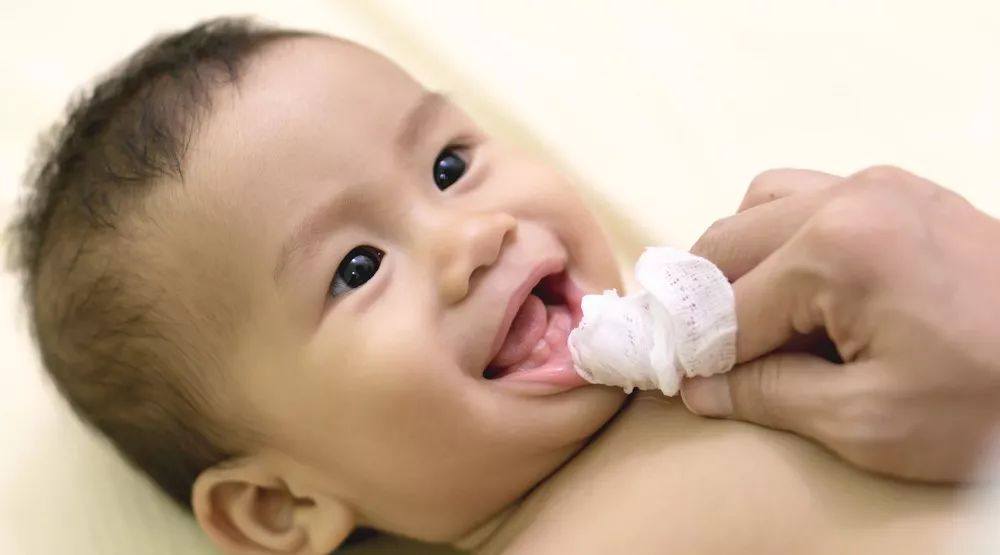
According to < < the results of the fourth national oral health epidemiological survey > >, the caries rate of 5-year-old children in China is 70.9%.
That is to say, in our country, 7 out of every 10 5-year-old children have tooth decay!
We also often receive messages from parents about teeth:
What if the child hasn’t had teeth for 13 months? All the babies of the same age around have teeth.
Every time the child brushes his teeth, he makes trouble! Anyway, there are not many teeth, can you not brush them?
Is it okay if the deciduous tooth is broken? It will fall sooner or later.
The child’s tooth problem is a health problem that will accompany the child for a long time and is also closely related to the child’s facial features.
Today, we sorted out the 10 most common misconceptions about tooth protection, one by one.
Myth 1: Children must be short of calcium if they have teeth late.
No!
Each child has its own growth and development rules, and each child’s deciduous teeth also have their own growth and development rules.
The American Dental Association recommends that if the baby’s first tooth has not yet appeared at the age of 18 months, it needs a medical examination.
In addition, when the baby is in the mother’s belly for 4 ~ 6 months, the tooth germ development is basically completed.
In other words, when the baby is born, the deciduous teeth are always ready under the gums, and calcium supplement will not make the teeth grow out earlier.
Myth 2: Children who do not have teeth in sequence are stunted.
No!
Deciduous teeth generally have their own [growth team], and most children will have teeth in a certain order.
However, children’s teething will also be affected by various other factors, such as the growth of periodontal tissue, the role of perioral muscles, etc.
There are also many children’s small deciduous teeth that do not follow the routine, and we don’t have to care and worry too much.
As long as the teeth that can grow are the teeth of the baby.
Myth 3: Babies don’t like brushing their teeth, wait until their teeth are full.
No!
Start brushing your teeth from the moment the child is born.
After the baby has finished eating milk, before going to bed and after getting up, parents can dip clean gauze in water and gently wipe the baby’s mouth, including gums and tongue.
This can not only protect the children’s oral hygiene, but also the sooner the children get used to oral cleaning, the more they can accept brushing their teeth afterwards.
When the baby grows its first small deciduous tooth, gauze, finger sleeve toothbrush and small toothbrush suitable for the baby can be used step by step.
A tooth is also a tooth. It is urgent to brush Eva’s teeth! !
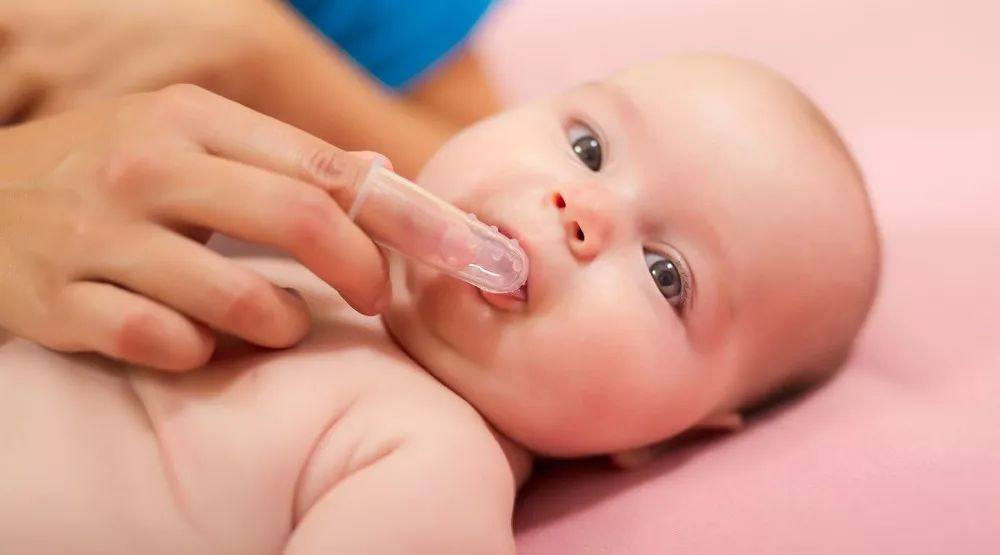
Myth 4: Fluoride is toxic, so you should buy fluoride-free toothpaste for Eva.
No!
Fluoride toothpaste is the best choice. Whether it is a baby or an adult, fluoride toothpaste can effectively prevent the growth of tooth decay.
Teeth and fluoride toothpaste, which must be tightly locked to CP!
Of course, when brushing children’s teeth, toothpaste should be in an appropriate amount: under 3 years old, toothpaste the size of rice grains is only needed for each brushing, and should not exceed the size of a pea grains at a time.
As for fluorosis, don’t worry at all. Only when you consume more than 5 milligrams of fluorine per kilogram of body weight per day can you reach the [possible poisoning dose].
China’s regulation on the fluorine content of children’s toothpaste is 0.05% ~ 0.11%. Assuming that the weight of a 1-year-old baby is 10kg, that means that he swallows at least 100g or more of fluorine-containing toothpaste raw every day before fluorosis can occur, which is almost the amount of a whole ordinary toothpaste.
This kind of situation, unnecessary and impossible!
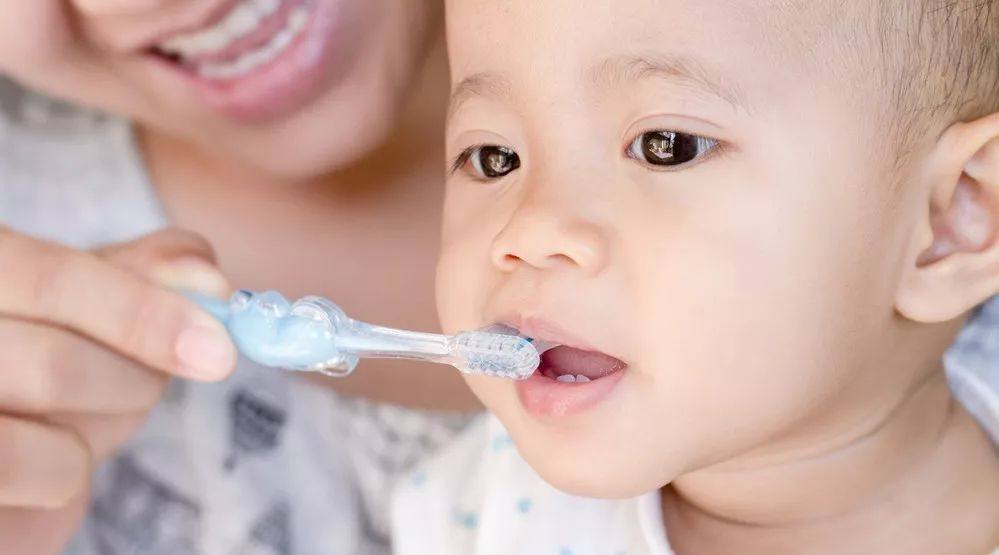
Myth 5: Children with tooth decay must have eaten too much sugar.
Not necessarily!
For babies who can already eat, if the food residue is not cleaned in time, it will adhere to the tooth surface and breed bacteria.
For babies who are still drinking milk, drinking milk frequently before going to bed and at night will make the baby’s deciduous teeth soak in milk for a long time. If it is not cleaned in time every time, it may lead to dental caries.
The pot where the baby has decayed teeth can’t just give sugar!
Myth 6: It is not good to have big teeth, but it is best to be close to each other.
No!
The baby’s upper and lower jaws will continue to grow with the development of the body, but the size of the baby’s deciduous teeth will remain unchanged.
When the baby grows up, the teeth appear bigger. This is a kind of [physiological gap].
Moreover, it is not only harmless to have a large gap between the teeth of deciduous teeth, but also beneficial to the baby’s tooth replacement.
Sufficient gaps provide sufficient growth space for permanent teeth, which is conducive to the neatness and beauty of teeth after tooth replacement.
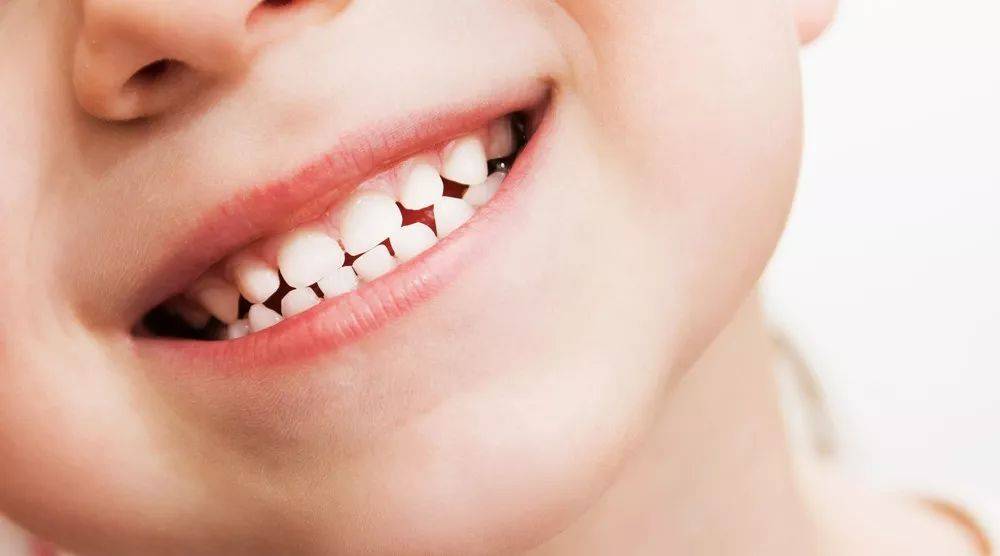
Myth 7: Floss cannot be used, which will make children’s teeth bigger.
No!
People’s teeth themselves have a certain degree of mobility, dental floss will not cause tooth displacement, and the gap between teeth will not become larger.
On the contrary, dental floss can clean the teeth that cannot be brushed by toothbrushes, which can effectively reduce tooth decay on the adjacent surfaces of teeth and the occurrence of gingivitis.
When the baby already has two teeth slowly moving together and touching each other, you can use dental floss for children to assist in cleaning.
Myth 8: It doesn’t matter if a child sleeps with a bottle of milk.
No!
No matter day or night, children with long teeth will always have bottles, which will lead to extensive dental caries in their incisors. This is also the legendary “bottle dental caries”.
Holding a feeding bottle or pacifier all the time will not only increase the bacterial infection in the oral cavity, but also cause the development deformity of the baby’s teeth and maxilla, resulting in protrusion and irregular arrangement of teeth.
Good teeth, good appetite and high facial value, don’t be delayed by a small habit!
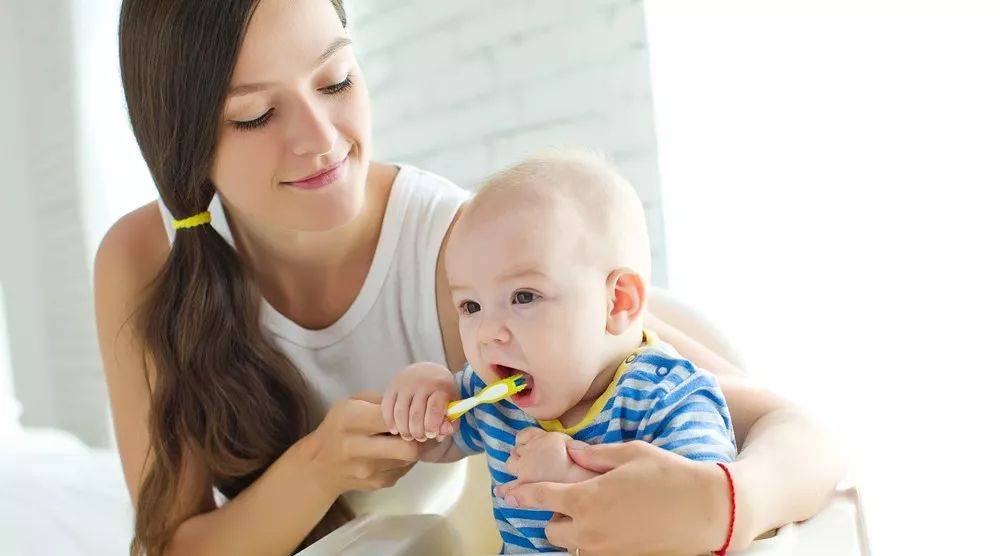
Myth 9: There is no problem with teeth. You don’t need to take your baby to the dentist.
No!
Children’s oral care must start from an early age, especially the following three things, must be attentive:
1. Fluorine coating:
Increasing the anti-caries ability of teeth is a very important and necessary means to prevent tooth decay. General prevention takes place every six months. Children with more tooth decay need to do it every three months.
2. Pit and fissure sealing:
The resin material is used to fill the grooves on the teeth to effectively prevent tooth decay.
It can usually be carried out at the age of 3 ~ 4.
3. Dental examination:
Dentists can help children to assess the risk of dental caries and detect oral diseases at an early stage.
At the age of 15 months, you can go to the dentist’s clinic for regular examination.
Myth 10: It doesn’t matter if the deciduous tooth is broken, it is necessary to change the tooth anyway.
No! !
The most direct impact is pain! It hurts! The pain made the baby cry loudly and the pain made the baby unable to eat.
Tooth decay can also cause inflammation of the root tip of deciduous teeth. If deciduous teeth fall off in advance, permanent teeth that are not ready will not be able to find their corresponding positions or when they will emerge.
Permanent teeth grow out in a mess, which not only affects children’s chewing ability, but also affects their beauty. When they grow up, they have to spend a lot of money to correct their teeth.
Therefore, once the child’s deciduous teeth are found to have problems, they must be treated as soon as possible.
Not only can Eva harvest healthy and good-looking white teeth, but also the high cost of tooth extraction, filling and correcting can be avoided.
Rounding, giving baby tooth protection can save the next suite!
